In Matthew 16:18, two different words are used for "Peter" and "rock". Peter is not the rock; Jesus is the rock.
Jesus is the rock; and He conveyed His rock-likeness upon Peter. Matthew’s Gospel was originally written in Hebrew or Aramaic, not Greek. The reason why two different words for rock appear in Matthew 16:18 has to do with the fact that the Greek word for rock, petra, is a feminine word, unfit to serve as a man’s name. To solve the problem the translators gave it a masculine ending, making it Petros. But all of this is irrelevant since Jesus spoke Aramaic, not Greek. And, as John 1:42 proves, He called Peter Cephas or Kepha, which means rock. So what Jesus really said in Matthew 16:18 was, "You are Kepha (Rock) and upon this kepha (rock) I will build my church.”
Why do Catholics believe Peter was in Rome when the Bible never says that he was?
The Bible tells us Peter wrote his First Letter from Rome. He ends the letter saying, "She who is at Babylon, who is likewise chosen, sends you greetings" (5:13). "Babylon" was used by Christians in the first century as a code name for Rome (cf. Rev. 14:8, et al.). … In his Letter to the Romans 15:20, Paul explains that he has been hesitant to come to Rome to preach "where Christ has already been named, lest I build on another man’s foundation." This "other man," who preached the Gospel in Rome before Paul, was Peter. The historical evidence for this is overwhelming; many of the Early Church Fathers testify to it (e.g., Ignatius of Antioch, Irenaeus of Lyons, et al.).”
Why do Catholics follow the Pope instead of Jesus?
We do not follow the Pope instead of Jesus, but because of Jesus! Remember, the Lord said to the Apostles, "He who hears you hears me" (Luke 10:16). Peter was given a position of primacy among the Apostles. The Lord renamed him "Rock" and promised to build His Church upon him. And He gave Peter the keys to the kingdom of heaven (Matt. 16:18-19). The symbolism of the keys comes from the ancient custom by which the Davidic king appointed his royal steward overseer of the kingdom in His absence, entrusting him with the keys to its gates (cf. Isa. 22:22). In Matthew 16, Christ the King appoints Peter to oversee His Church, His kingdom on earth, in His absence.
Read more about the papacy in the Catechism of the Catholic Church (see #880).
How can a sinful human being be infallible?
Infallibility has to do with teaching, not conduct. The Pope is a sinner in need of salvation just like the rest of us. His sinfulness, though, does not negate his ability to infallibly clarify doctrine for the Church. Paul said, "I do not understand my own actions. For I do not do what I want, but I do the very thing I hate" (Rom. 7:15). In spite of his sinfulness, though, the Holy Spirit used him to write inspired books of the New Testament.
Why do Catholics say the Pope is infallible?
You believe the Holy Spirit guided men to write the books of the Bible without error, don’t you? Why then would the Spirit not guide their successors in interpreting and proclaiming the word of God without error? … Infallibility does not mean everything the Pope says or writes will be free of error. It comes into play only in particular circumstances when the Pope, as Peter’s successor, is called upon to officially clarify a matter having to do with faith or morals. In these cases, the Holy Spirit prevents him from declaring a false teaching. This is necessary in light of Jesus’ promise in Matthew 16:19 that whatever Peter will "bind" or "loose" on earth will be bound or loosed in heaven. If God is to confirm in heaven the commands of Peter on earth, then Peter must be given a special grace to prevent him from issuing commands that are contrary to the will of God.
